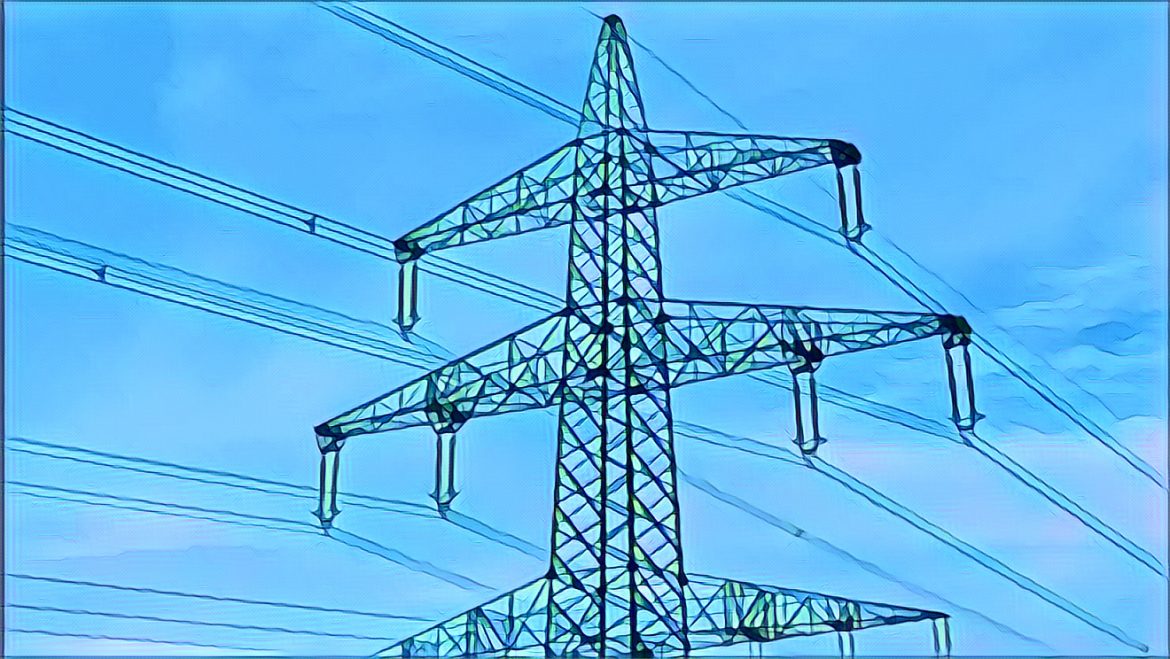The Federal Government of Nigeria has unequivocally ruled out the complete removal of electricity subsidies, emphasizing that such a move would be insensitive to the prevailing economic hardships faced by Nigerians. Minister of Power, Adebayo Adelabu, made this assertion during a crucial meeting with heads of departments in the power industry.
Nigeria, like many other nations, grapples with a complex web of economic challenges. High inflation rates, currency devaluation, and the removal of petroleum subsidies have collectively exacerbated the financial strain on citizens. In this context, the government recognizes the need for a pragmatic approach to managing electricity tariffs while ensuring affordability and capacity.
Minister Adelabu acknowledged the difficulties faced by Nigerians and stressed that now is not the time for a total removal of electricity subsidies. Currently, government subsidies account for approximately 66 percent of the electricity tariff, a significant burden on public finances. However, the minister emphasized that a gradual transition is essential to strike a balance between cost recovery and citizens’ well-being.
The Policy Roadmap
To address this delicate issue, the government is developing a comprehensive policy roadmap. Here are the key elements:
- Gradual Transition: The proposed policy will outline a methodical transition from the current subsidy regime to a cost-reflective tariff system over a two to three-year period. During this time, minor tariff reviews will occur every six months, ensuring that adjustments align with the prevailing cost of living.
- Capacity and Affordability: The policy will prioritize capacity and affordability. While gradually reducing subsidies, the government aims to maintain a safety net for vulnerable citizens. The delicate balance between cost recovery and citizens’ ability to pay will guide tariff adjustments.
- Renewable Energy: As part of its energy transition plan, Nigeria aims to have 30 percent of its energy consumption come from renewable sources by 2030. This strategic move will diversify the energy mix and enhance electricity supply. Solar power, small hydro plants, and offshore wind farms are among the options being explored.
Renewable Energy as a Solution
Minister Adelabu highlighted the importance of renewable energy adoption. He explained that states could play a pivotal role by embracing renewable sources to complement grid-based electricity. Here’s how:
- Solar Power: States in the north, middle belt, and parts of the southwest can harness solar energy effectively. Solar panels can provide clean electricity, especially in regions with abundant sunlight.
- Small Hydro Plants: Nigeria boasts 26 dams with small hydro plants ranging from 1 megawatt to 50 megawatts. Collaborating with power vendors, the government aims to activate these plants and enhance energy supply.
- Offshore Wind Farms: Coastal states have the potential to explore offshore wind energy. Wind farms along the coast could contribute significantly to the energy mix.
As Nigeria navigates its energy landscape, the government remains committed to striking a balance between affordability, capacity, and sustainability. The policy roadmap, with its gradual transition and emphasis on renewable energy, aims to ensure a resilient power sector while safeguarding citizens’ welfare. In these challenging times, the Federal Government’s assurance that electricity subsidies will persist provides a glimmer of hope for Nigerians facing economic hardships.
Source: The Sun Nigeria



